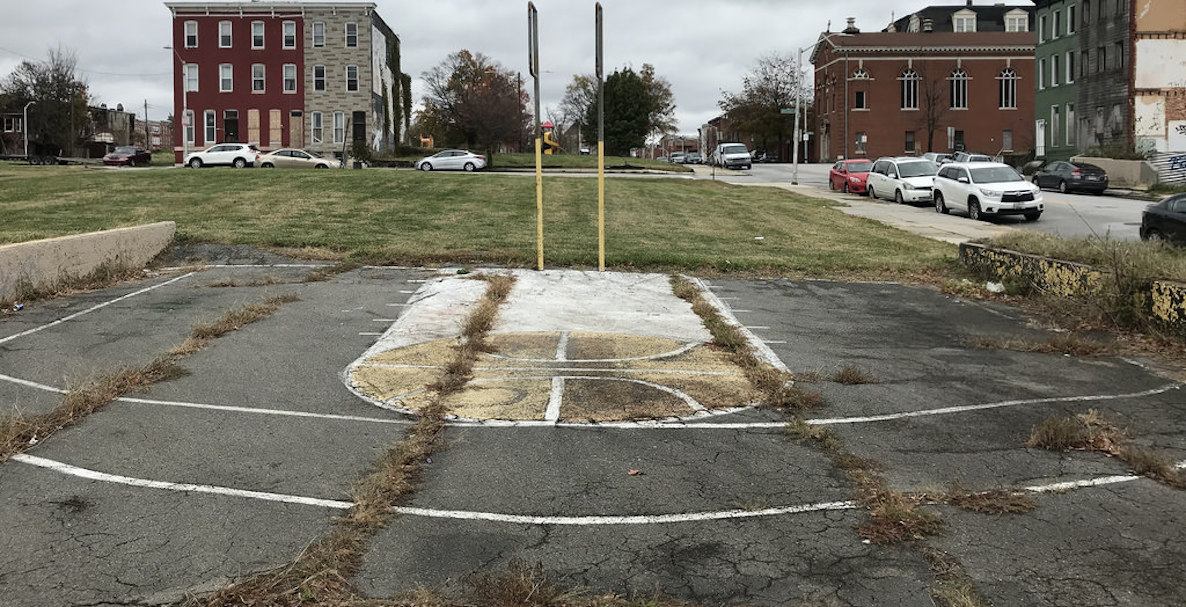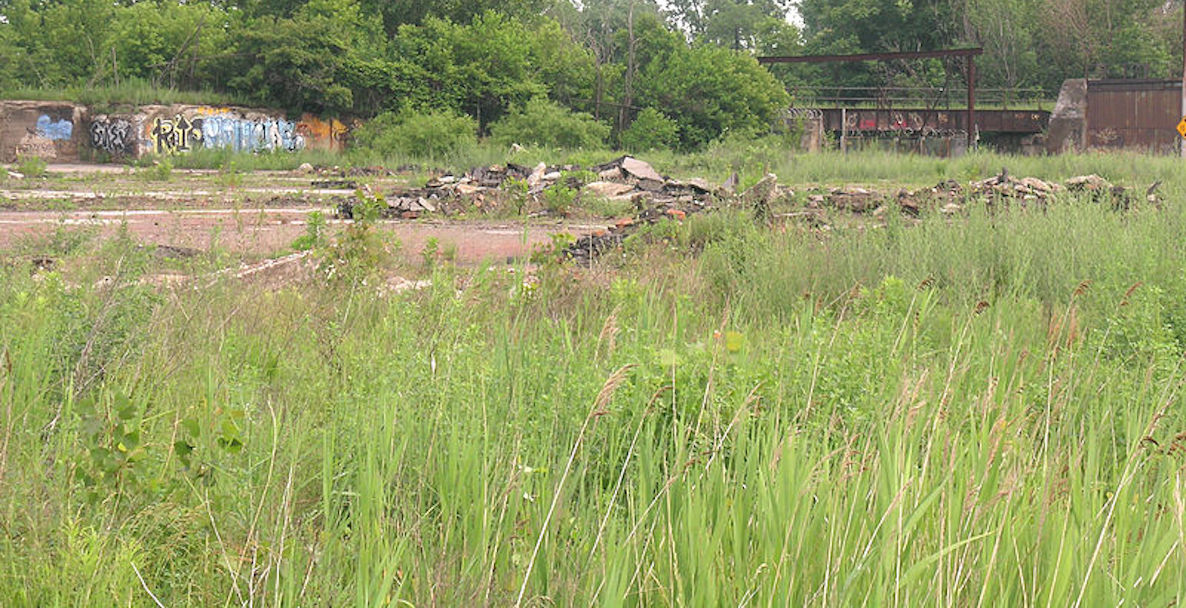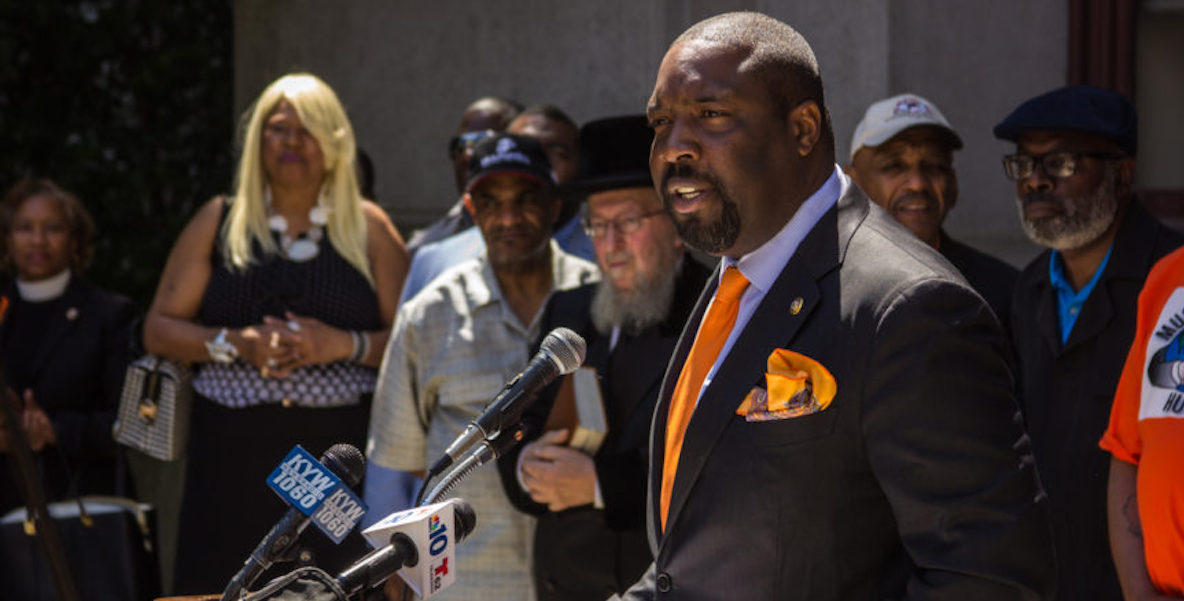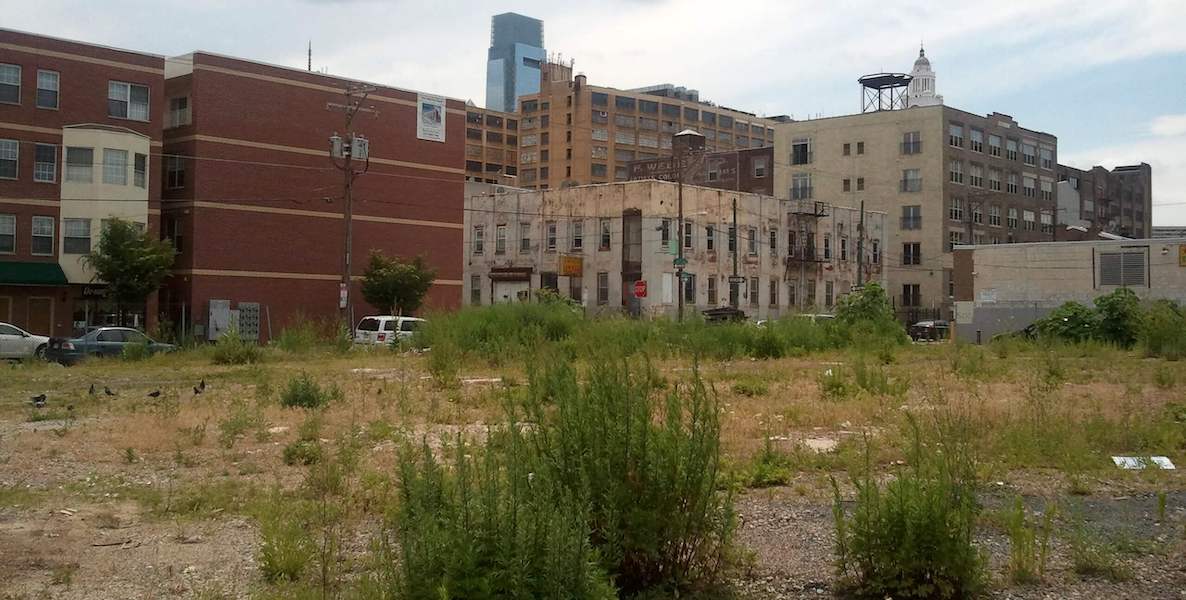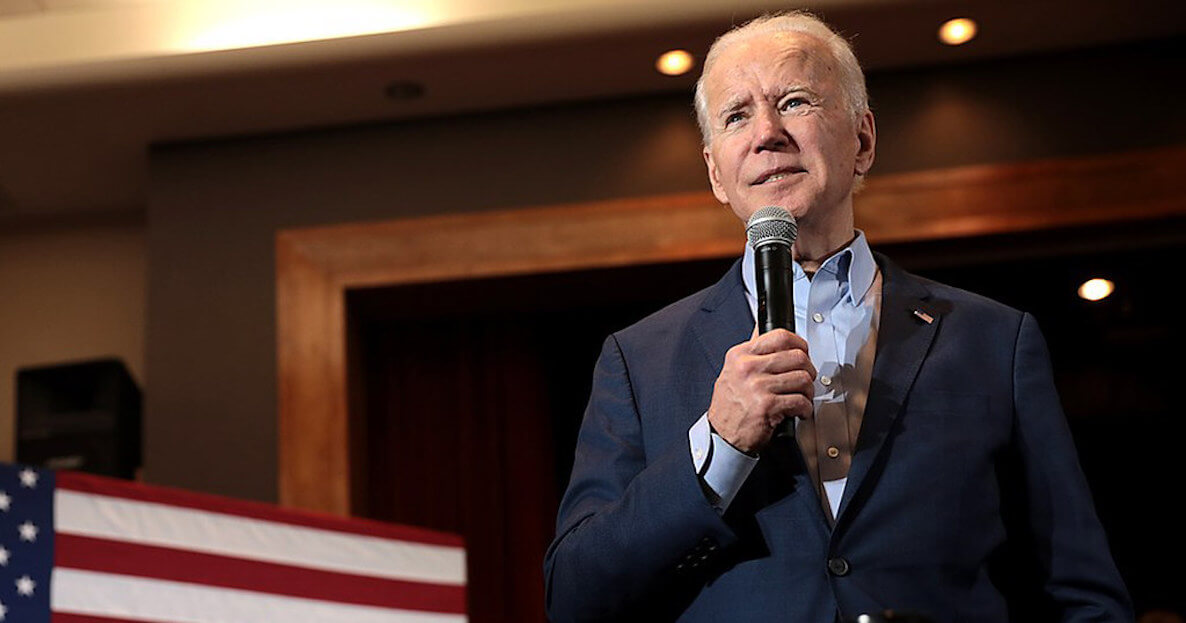The Kenney administration announced this week that they are looking at a budget shortfall to the tune of $450 million, and even if more local aid comes through in the $1.9 trillion federal stimulus package, they say they’ll still have to consider service cuts, borrowing, asset sales, and privatization of certain functions. For context, the budget gap last year was around $750 million.
State and local aid in the federal CARES Act was far too stingy and too restricted to pandemic-related uses, and it didn’t allow governments to backfill their general revenues. The Senate also put all kinds of restrictions on the Federal Reserve’s municipal lending program to the point where it was almost entirely unusable.
Have Your SayDo Something
Last year’s cuts could have been more strategic and more focused on maintaining core services, as Controller Rebecca Rhynhart’s alternative budget illustrated, and this year, the administration should take better care to make sure some of the moves they’re foreshadowing with these early budget messages—especially related to asset sales and privatization—aren’t just flailing, desperate moves, but are actually advancing some kind of reasonable policy objective.
One of the bigger opportunities in keeping with that theme concerns city-owned land. Philadelphia owns too much vacant land and property, and for decades elected officials have said it’s their goal to own less. But you have to watch what politicians do, not what they say, and what they’ve done is create an overly cumbersome process designed to frustrate the objective of getting more land out the door quickly, with the goal of maximizing City Council discretion over everything.
One issue that’s pretty universal in these debates is that people will come up with all kinds of reasons, from the mundane to the eccentric, for why any given parcel of land should not become a home. But the task for responsible politicians is to tune out the NIMBY noise machine and try to make sound choices about the city’s assets and its budget.
A day after the budget article came out, Ryan Briggs at WHYY published another article with some updates about the Land Bank and city land sales, which are the biggest class of assets the city owns that could be sold or redeveloped in exchange for money this year, thereby reducing the need for other cuts to city services.
Briggs finds that, while things are starting to speed up a little more with the land disposition process due to some changes passed in 2019 to streamline access for mixed affordable housing projects, it still hasn’t sped up all that much, and it’s clear that it’s still too hard to get city land for its most obvious use: homes.
The Land Bank completed the sale of 19 lots in Grays Ferry to be redeveloped as “workforce housing,” with a price cap of $185,000, for example, and there are indications that hundreds of lots might be poised to move off the city’s ledger this year.
Rodriguez said this was something of an accomplishment given the impacts of the pandemic slowing office operations and real estate transactions. But for City Councilmember María Quiñones-Sánchez, who both helped create the Land Bank and authored reform legislation, the pace was still unacceptable.
“The Land Bank is still inefficient. It doesn’t have the capacity or willingness to process all the pending applications,” said the councilmember, whose 7th District in eastern North Philadelphia includes thousands of blighted lots.
There are about 6,000 city-owned lots, so there’s plenty of land to go around for parks and gardens, and even some side yards too. It makes sense to disperse city land for public uses that already have a constituency or a reasonable plan.
 But that also doesn’t mean all considerations of budgetary and land use opportunity costs should just go out the window. With the budget gap looming, a choice to forfeit revenue that the city could be collecting when dispersing its land assets is a choice to make other budget cuts more severe.
But that also doesn’t mean all considerations of budgetary and land use opportunity costs should just go out the window. With the budget gap looming, a choice to forfeit revenue that the city could be collecting when dispersing its land assets is a choice to make other budget cuts more severe.
As Land Bank executive director Angel Rodriguez says in the piece, “We’re disposing of a city asset to somebody. If we give away a property as a side yard, it could have been a house, so why did we do that?”
The “cost” of doing this isn’t really a cost at all. Housing and more neighbors belong in the benefits column, as a clear improvement over vacant land and parked cars.
Why, indeed. One issue that’s pretty universal in these debates is that people will come up with all kinds of reasons, from the mundane to the eccentric, for why any given parcel of land should not become a home. But the task for responsible politicians is to tune out the NIMBY noise machine and try to make sound choices about the city’s assets and its budget.
Making Use of Vacant LandRead More
As one example, back in 2017 we wrote about how the portfolio of city-owned parking lots is likely worth closer to $34 million in value, rather than the roughly $10 million figure you’d get adding up the Office of Property Assessment values, based on comparable sales figures. Land prices have only gone up since then, so that value is even higher today.
Would laying off additional teachers or sanitation workers be an acceptable price to pay to prevent parking lots from turning into housing in some high-demand neighborhoods? That’s essentially the choice elected officials are making right now.
Combined with other taxes and fees the city would collect from successful redevelopment—like the new Construction Tax and Mixed-Income Housing density bonus—could the city net $100 million from city land sales and redevelopment in 2021?
That may be a stretch, but it’s a good goal for this budget season, because it means budget cuts wouldn’t need to be as drastic. And the “cost” of doing this isn’t really a cost at all. Housing and more neighbors belong in the benefits column, as a clear improvement over vacant land and parked cars. It’s time for the relevant authorities’ decision-making to start to reflect that.
The Citizen is one of 20 news organizations producing Broke in Philly, a collaborative reporting project on solutions to poverty and the city’s push towards economic justice. Follow the project on Twitter @BrokeInPhilly.
Jon Geeting is the director of engagement at Philadelphia 3.0, a political action committee that supports efforts to reform and modernize City Hall. This is part of a series of articles running on both The Citizen and 3.0’s blog.
Header photo by Mike Linksvayer / Flickr


